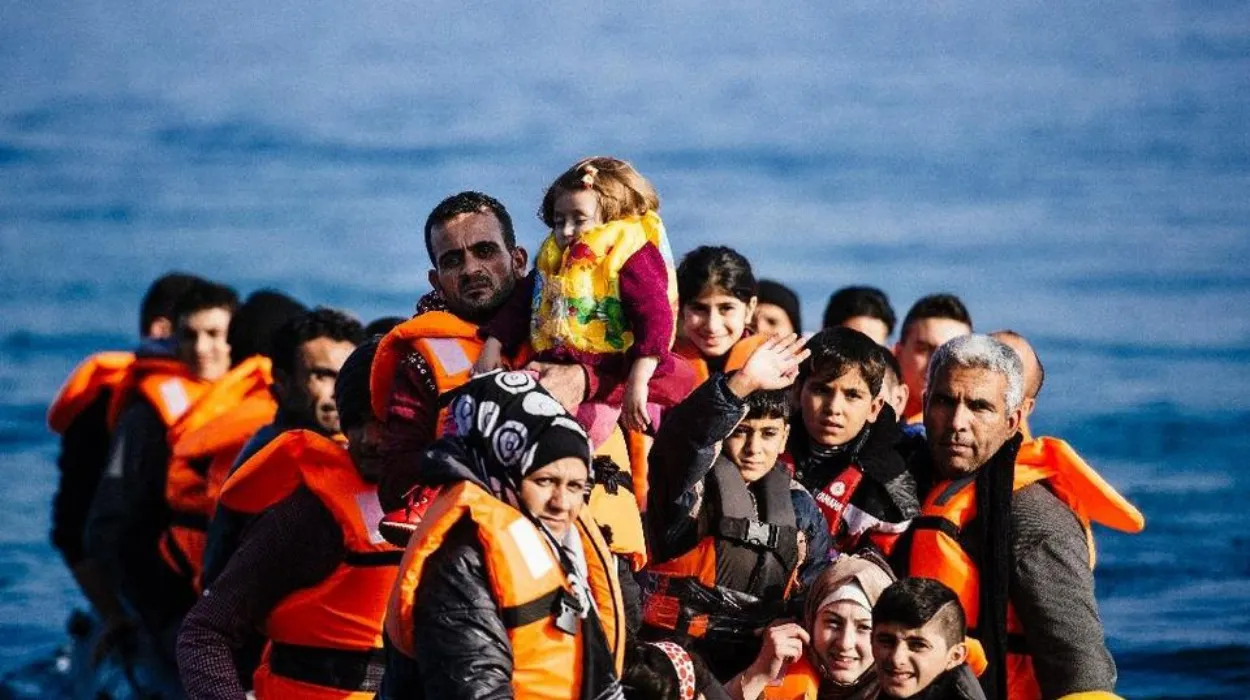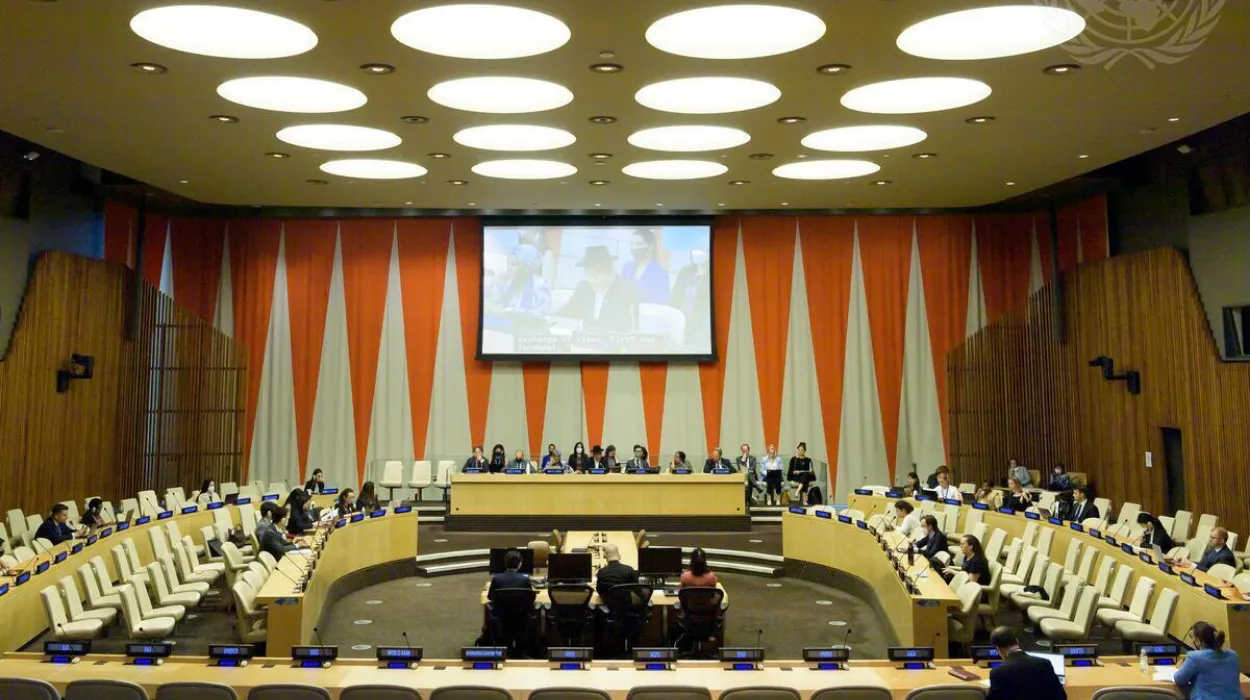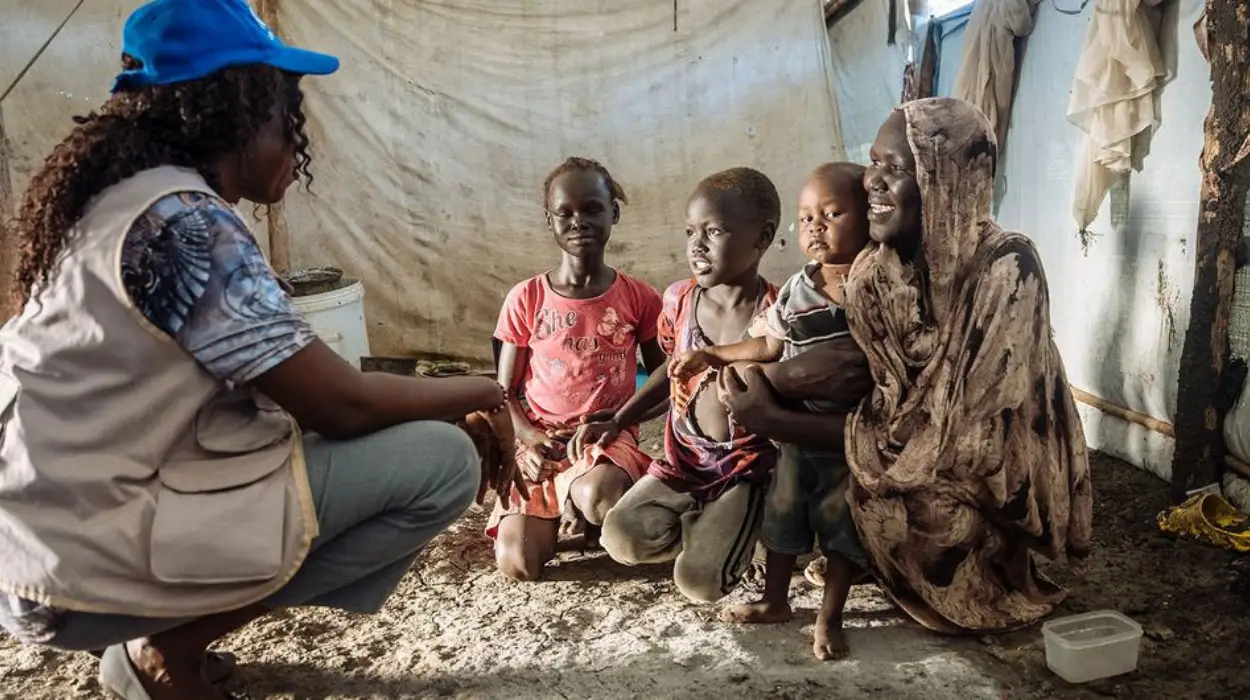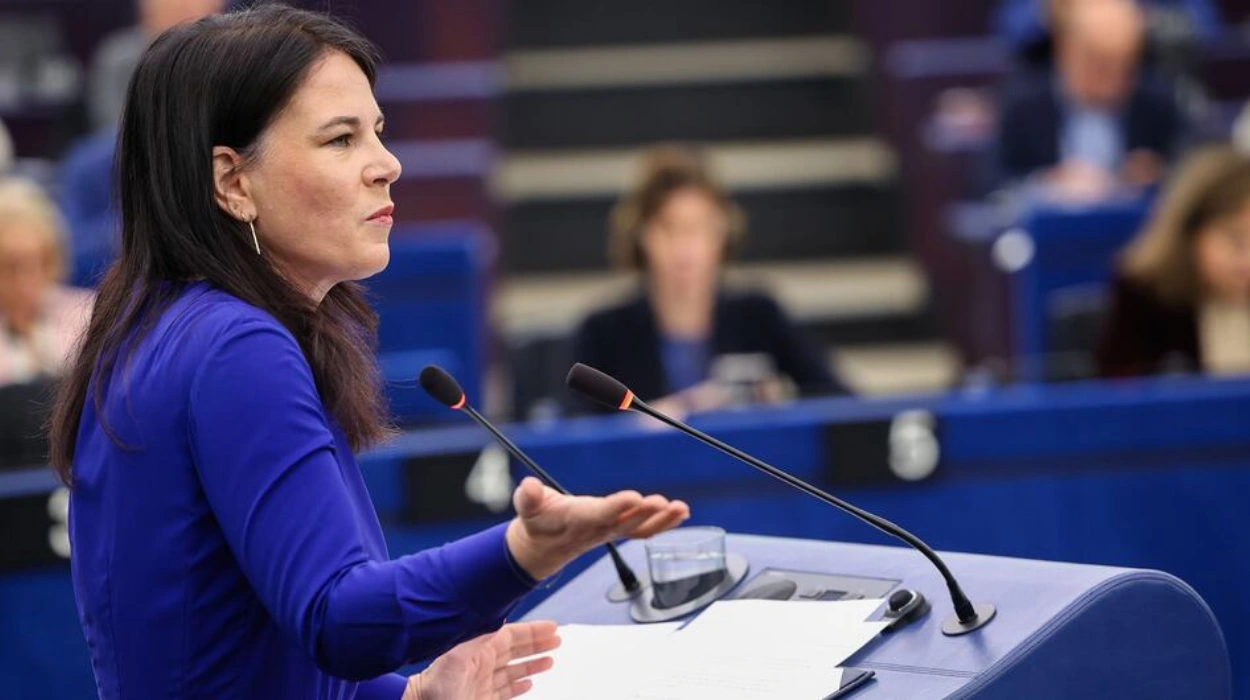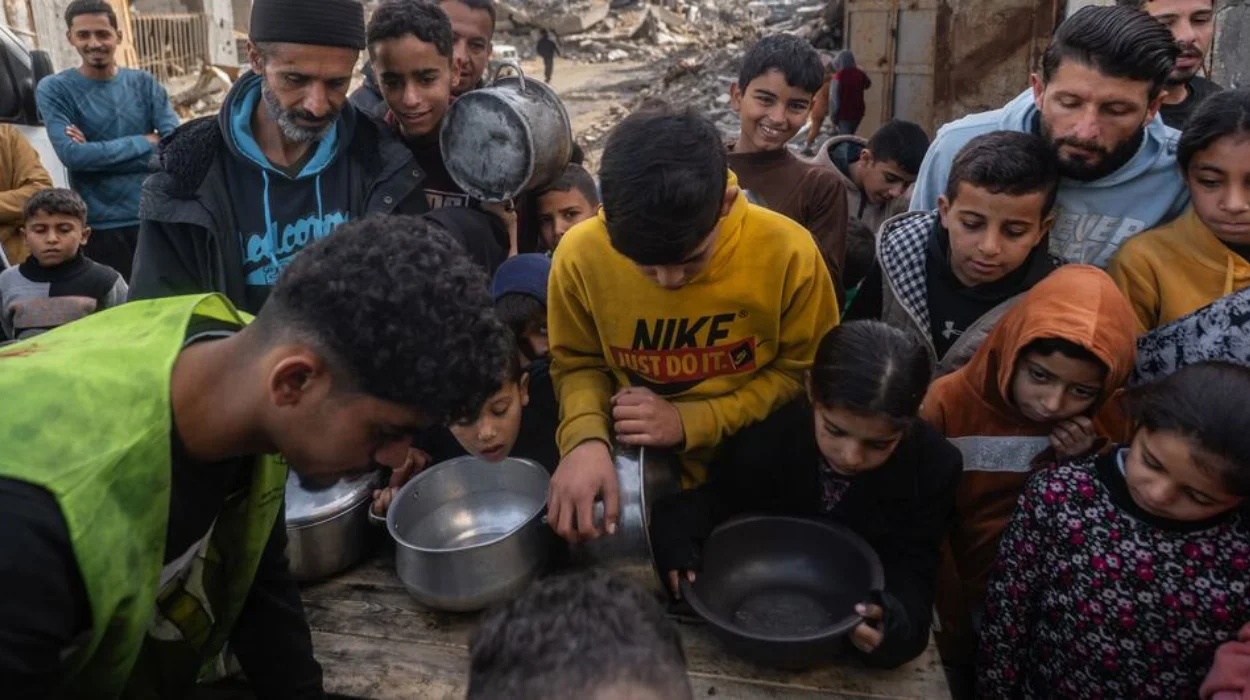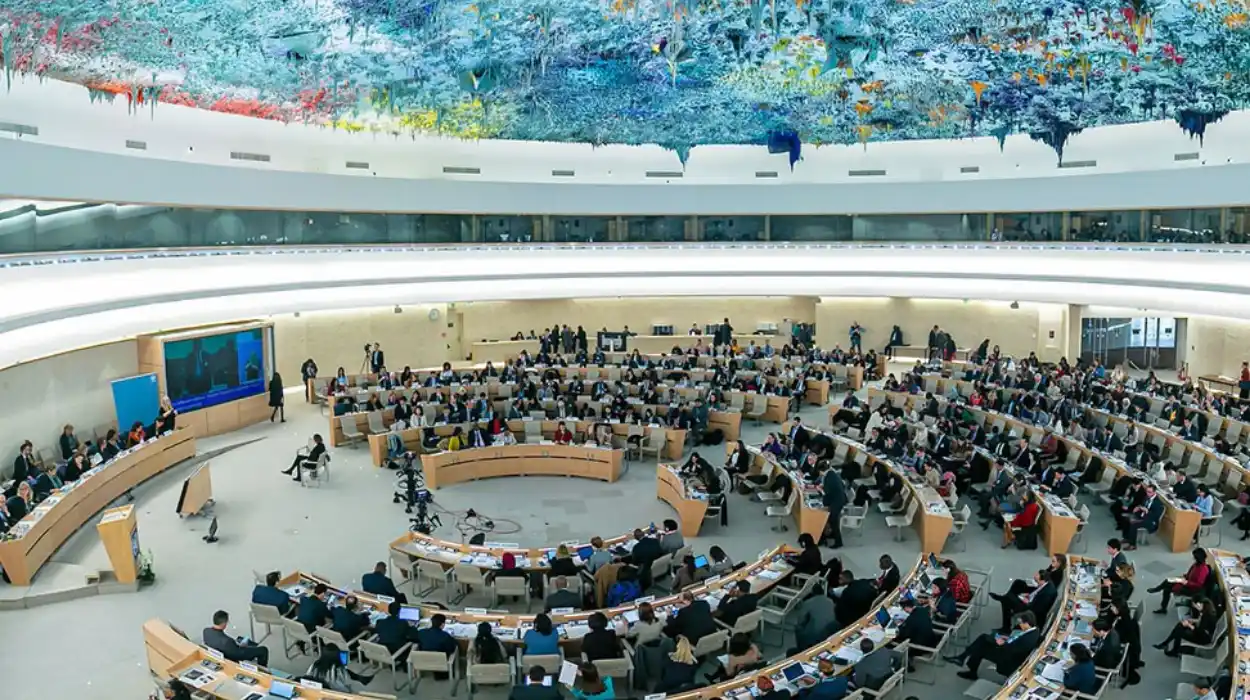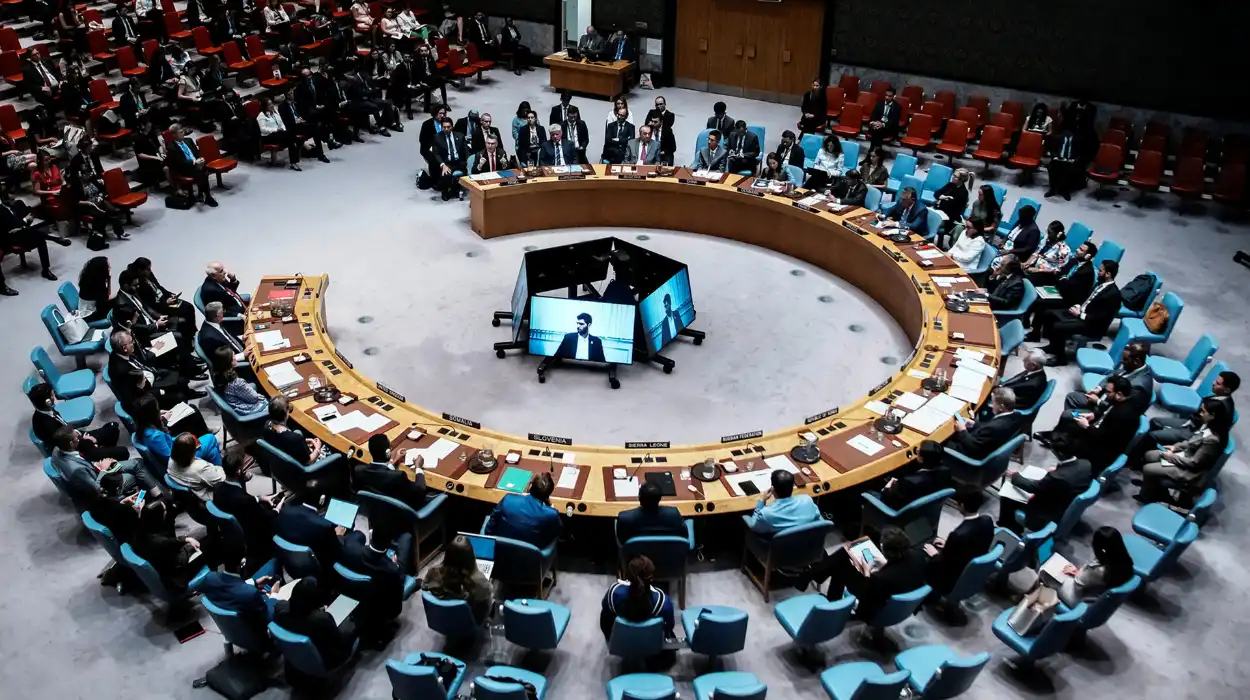The United Nations General Assembly remains one of the most open international platforms where all the member states get the chance to express their priorities, concerns, and expectations. However, the 2025 cycle of discussions once more underscores the existence of the double standards in UN General Assembly debates as the instrument of geopolitical leverage determines the discourse much more than the concept of equality, which is the core principle of the organization. The opposition between the idealistic mandate of the Assembly and the political reality of interactions by member states is one of the most prominent contradictions to the contemporary operations of the organization.
The UNGA is often used to promote national narrations and minimize controversial policies made by governments. Strategically allied states or economically weighted states tend to represent controversial policies as the response to security threats or extraordinary situations. At the same time, worse measures of smaller or less powerful states attract a worse examination and permanent criticism. This lopacity contributes to the continuing suspicions on whether the Assembly has the ability to promote consistent norms in a highly polarized international setting.
With the world becoming more and more hard in 2025, the UNGA credibility is more and more pegged on whether it can bridge the discrepancy between equal representation and unequal geopolitical power. Delegations still have the question as to whether the debates that are conducted in the forum can make any contributions to the true form of multilateralism or whether they are merely reminiscent of the power inequalities that exist in disguise of open discussion.
Disparities in addressing human rights issues
It is clear that human rights discourse is the most obvious place where states are accused of partisan indignation. It is especially conspicuous in the 2025 arguments, where forced displacement, digital repression, and current hostilities are being brought back to the limelight. Governments commonly use rights violations in opponent states and escape these inequalities in their own country. According to one European diplomat writing on the January 2025 session, the Assembly can not hold some of them accountable, and exonerate others; such a practice undermines the principle of protection of human rights.
Patterns of selective scrutiny
The allies of powerful nations often have their criticism blunted or they are rewarded with watered down resolutions. These differences influence the agenda of human rights crises, making some crises a pressing concern on the global agenda and marginalizing others because of political risk. These trends undermine the fact that human rights norms are universal and not negotiable.
Impact on institutional legitimacy
The image of selective enforcement has its impacts on the legitimacy of human rights mechanisms related to the UN system. The political support provided by the general assembly is critical to monitoring bodies and special rapporteurs. When inconsistency is indicated in debates, this undermines cooperation and consolidates distrust in the states that are already suspicious of foreign examination.
Emerging crises and uneven responses
Regions with climatic displacement especially in 2025 have occasioned fresh humanitarian issues especially on whether more balanced evaluations should be applied. However, the reactions are still influenced by the diplomatic partnerships and the incompatible strategic priorities, which strengthen the long-standing structural disparities.
Security and counter-terrorism narratives in General Assembly discussions
The issue of security-conscious discussions also exemplifies the dual standards of the UN General Assembly discussions, especially on counter-terrorist measures and the issue of using force. States having a high level of military might still defend their broad scale security measures as necessary in ensuring national or international security. These assertions usually are based on liberated definitions of self-defence, which is not subject to much objection in the Assembly because of perceived geopolitical alliances.
Divergent interpretations of lawful force
When the larger military powers engage in activities outside the country, such moves are often justified as reasonable and needy. On the contrary, similar activities of developing states are usually labeled as extravagant or disruptive. This imbalance supports the idea that international legal norms are not used evenly.
Counter-terrorism and governance challenges
Developing nations claim that their security practices are a response to immediate realities such as scarce resources and an emerging threat across borders. However these explanations are not so widely recognized. Early-2025 deliberations by the representatives of various African and Middle Eastern nations stressed that uniformity of conventions serves as the key to regaining faith in international security systems.
Economic and developmental issues and ongoing politicization
In 2025, economic arguments show how the concept of double standards can be applied to the discussion of climate finance, debt crisis restructuring, and development rights. Whereas the rich countries cite domestic political limitations, the developing countries cite past obligations and structural inequity. This conflict is a central theme of almost all the Assembly sessions devoted to global development.
Climate commitments and the burden of responsibility
The difference between promises and performance still causes tension. The major emitters emphasize on long-term transition pathways whereas the developing countries demand that climate financing is not adequate and is not uniform in its delivery. The September 2025 debate, which was made by several small island states, highlighted that existential threats cannot be resolved by voluntary commitments that transfer responsibility to the least responsible.
Technology access and equitable growth
Other areas, which have asymmetries, include technology transfer, digital infrastructure, and intellectual property rights. Whereas developed economies insist on the trend of innovation-led growth, developing countries focus on the obstacles that are posed by the constraining licensing and inconsistent access to research. These outstanding conflicts are stalling digital equity and sustainable development work through multilateralism.
Structural power dynamics shaping 2025 debates
The 2025 UNGA session once more shows the presence of power dynamics to determine the relevance and visibility of critical issues. The most influential countries are those that have strong diplomatic networks, have strong economic leverage, or have an influence on the region, and thus hold the agenda due to the synchronized messaging. Meanwhile, lesser states that have strong grievances might find it hard to be given attention unless their concerns do coincide with the strategic concerns of the bigger blocs.
Influence of geopolitical blocs
The role of regional blocs in framing debates is on the increase like the European Union, the African Union and the ASEAN. Their coordinated stand helps enhance the collective bargaining force but may also form new divisions based on agenda priorities which are not in line with global consensus. These alignments enhance cooperation as well as polarization in the Assembly.
Media visibility and political narrative
The problems that are magnified by the international media are likely to get a higher time of debate. This results in somewhat the dynamic in which humanitarian crises that have strong geopolitical overtones are sidelined to conflicts of that nature. The marginalization of smaller regional priorities was the issue that was voiced by the delegates of Latin America and the Pacific in March 2025 sessions.
The evolving relevance of the General Assembly in a polarized world
The primary reason why the issue of people holding two standards prevails in the debate of the UN General Assembly is relevant to the wider problem of ensuring the existence of a rules-based international system when the alliances are fragmented and diverted by other global interests. Despite the fact that the UNGA has been a very important dialogue platform, its efficacy is dependent on whether member states can progress towards more disciplined and ideological participation.
The increasing geopolitical tensions, the conflicting accounts of sovereignty, and the conflicting views of international law all assure that in the debates of the Assembly, structural contradictions will remain present. The question of whether future sessions can reduce the gap between normative commitments and political realities is one of the most interesting questions of diplomacy of 2025, especially at the time, when the world order is changing quickly.


